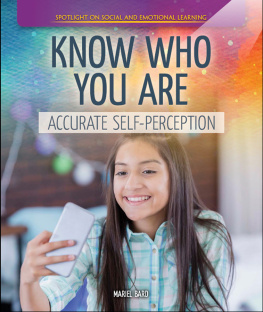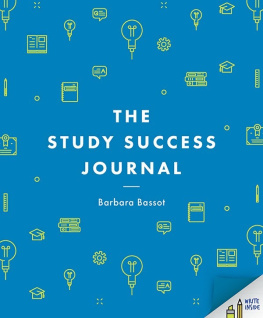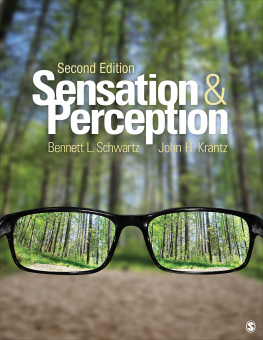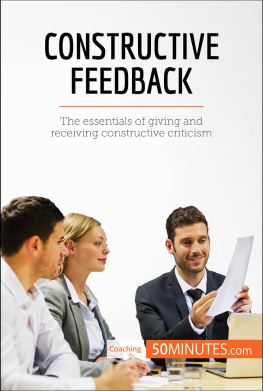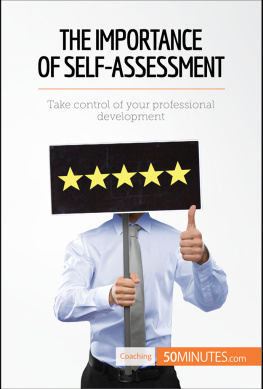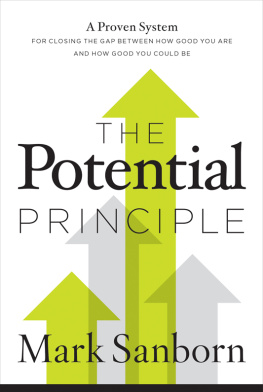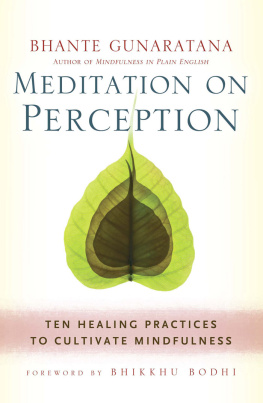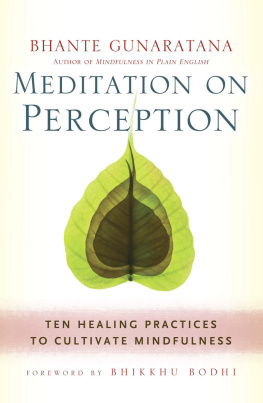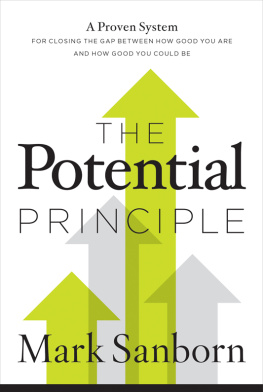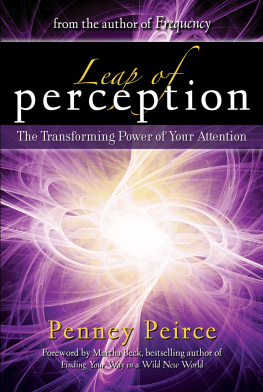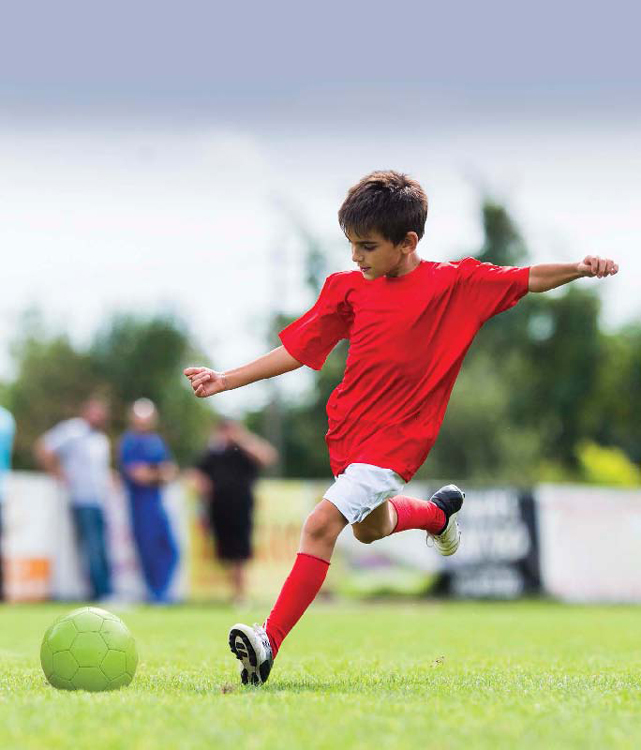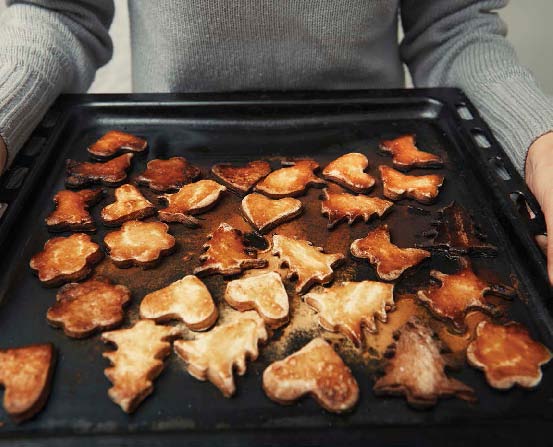Published in 2020 by The Rosen Publishing Group, Inc. 29 East 21st Street, New York, NY 10010
Copyright 2020 by The Rosen Publishing Group, Inc.
All rights reserved. No part of this book may be reproduced in any form without permission in writing from the publisher, except by a reviewer.
Editor: Rachel Gintner
Designer: Michael Flynn
Photo Credits: Cover Steve Debenport/E+/Getty Images; cover, pp. 1, 34, 6, 8, 1014, 16, 1820, 2224 (background) TairA/Shutterstock.com; pp. 5, 13, 19 Monkey Business Images/Shutterstock.com; p. 6 A. RICARDO/ Shutterstock.com; p. 7 https://commons.wikimedia.org/wiki/File:ADELE_LIVE_2017_at_ADELAIDE_OVAL_-_Sweet_ Devotion.jpg; p. 9 (main) Fotokostic/Shutterstock.com; p. 9 (inset) Alfa Photostudio/Shutterstock.com; p. 10 Arman Novic/Shutterstock.com; p. 11 chuabanral ekawat/Shutterstock.com; p. 12 Syda Productions/Shutterstock.com; p. 15 Jamie Squire/Getty Images; p. 16 Gavran333/Shutterstock.com; p. 17 courtesy of the Library of Congress; p. 18 Roman Samborskyi/Shutterstock.com; p. 21 KidStock/Blend Images/Getty Images; p. 22 OG175/Shutterstock.com.
Cataloging-in-Publication Data
Names: Bard, Mariel.
Title: Know who you are: accurate self-perception / Mariel Bard.
Description: New York : PowerKids Press, 2020. | Series: Spotlight on social and emotional learning | Includes glossary and index.
Identifiers: ISBN 9781725302075 (pbk.) | ISBN 9781725302266 (library bound) | ISBN 9781725302174 (6pack)
Subjects: LCSH: Self-perception in adolescence--Juvenile literature. | Self-perception--Juvenile literature. | Selfacceptance--Juvenile literature. | Self-esteem--Juvenile literature.
Classification: LCC BF697.5.S43 B36 2020 | DDC 155.2--dc23
Manufactured in the United States of America
CPSIA Compliance Information: Batch #CSPK19. For further information contact Rosen Publishing, New York, New York at 1-800-237-9932.
CHAPTER one
WHO AM I?
Think about your friends and family members. What qualities do they have? Are your friends smart? Are your family members caring? We often create perceptions, or understandings, of people in our lives and they create perceptions of us. We also create perceptions of ourselves. You might have an idea in your head of what youre like, and this is called self-perception. The thoughts we have about ourselves affect how we interact with others and how we experience everyday life.
Consider thishave you ever been told by a classmate that youre funny? Has a teacher said that youre kind? Sometimes these comments surprise us, and sometimes we already know we have these qualities! What we perceive might be different from what others see in us. Having a balanced view of ourselves can help us better understand who we are and the world around us.
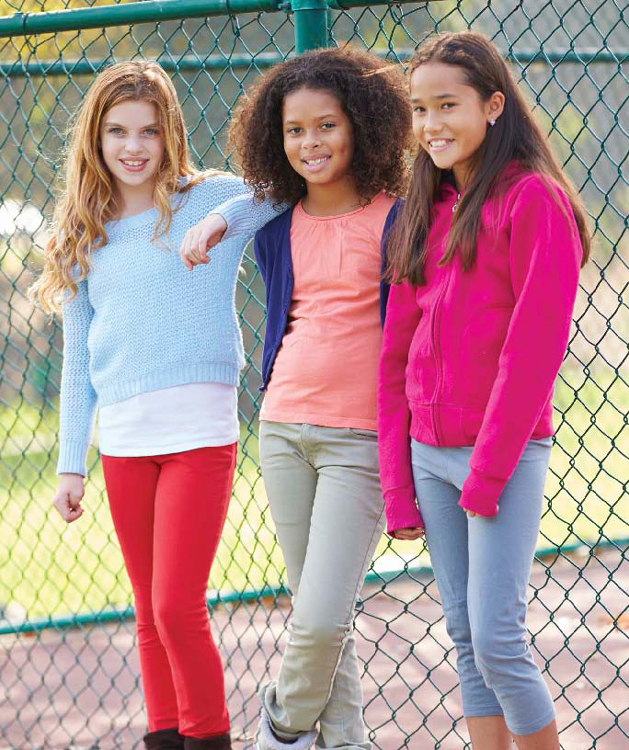
Interacting with your friends, family, and even your neighbors can help you learn about how you perceive yourself and how they perceive you. Why not start tomorrow? Whether youre at the playground or at home, find out what new things you can learn.
CHAPTER two
TAKING STOCK
You can start creating balanced self-perception by working on your self-awareness. To be self-aware, you need to think thoughtfully and deeply about yourself. Imagine different situations and how you might act in themfocus on how they make you feel. Do you get nervous speaking in front of a crowd because you might mess up?Or do you get excited to meet people and make new friends? Everyone behaves differently. Knowing how you feel, what you like and dislike, and what motivates you to do something all factor into self-awareness.
Being self-aware can improve your relationships with friends and family, too. By knowing how you make others feel, you can better understand their perceptions of you. For example, if people always want to talk with you and ask your opinion, they probably think youre a good listener with useful ideas.
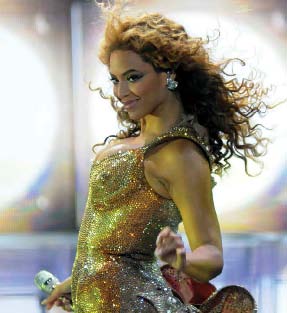
BEYONC

Even some famous singers, such as Adele (shown here), Taylor Swift, and Beyonc, get nervous performing for an audience. But theyre aware of their stage fright and have found ways to manage it!
CHAPTER three
WHAT AM I GOOD AT?
Identifying your strengths, or what youre good at, is a positive exercise you can do to develop your selfperception. Its helpful to write down what you enjoy and activities youre good at, and then think about why these matter to you. If you like dogs, try to dig deeper into why you like them. Are you good at training dogs and teaching them tricks? This could indicate you have a strength for teaching. Or maybe you like to take care of dogs, doing things such as walking and brushing them. This could indicate you have a strength for caring for others.
Strengths are different from interests because interests, such as fishing, can change, but strengths, such as the patience required to be good at fishing, are part of who you are. Once you identify your strengths, you can decide to take part in activities that will hone them.
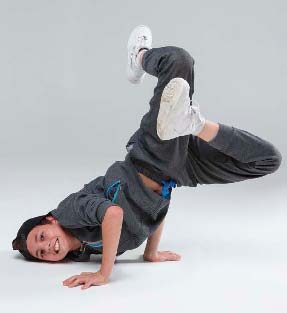
Trying out different activities, such as dance or sports, can help you decide what you like and discover your strengths.
CHAPTER four
WHAT CAN I WORK ON?
People often consider weaknesses to be the opposite of strengths. However, instead of thinking youre weak at something, try considering it an area for improvement. For example, if youve started playing a musical instrument, you know theres a lot to learn. If you enjoy playing and want to get better, youll need practice.
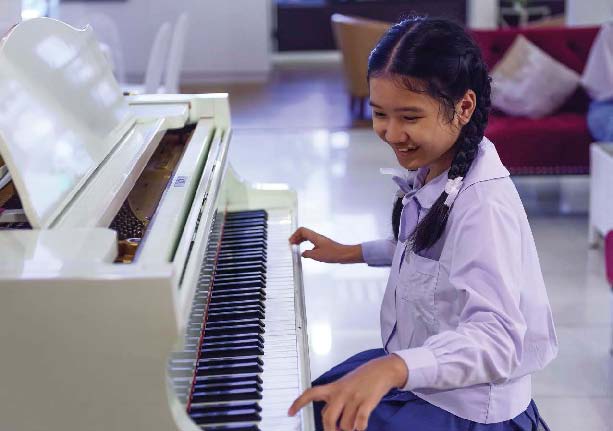
Hobbies are great for improving your skills! Spending time on a project, such as practicing a song on the piano, will help you get better and advance your knowledge and abilities.
Everyone has skills to work on. If one of your interests is baking but your cookies burn, it doesnt mean youre not a good baker. It just means this batch didnt turn out how you wished. Think about where you can improvemaybe you forgot to set a timer, or you misread the instructions. Paying attention, such as carefully following the directions, is a great skill to learn. One bad batch of cookies is only one experienceyou will have so many more experiences and more time to try again!

